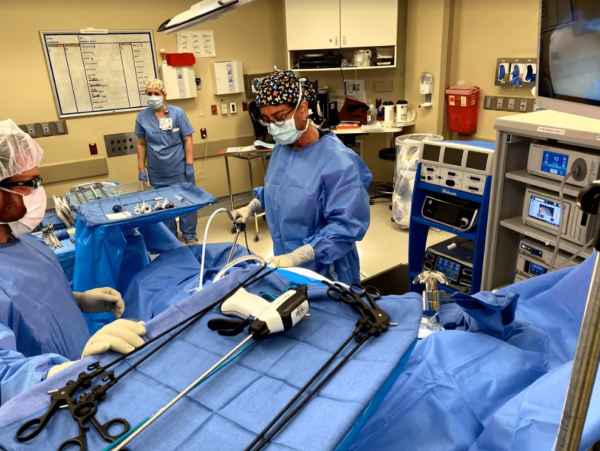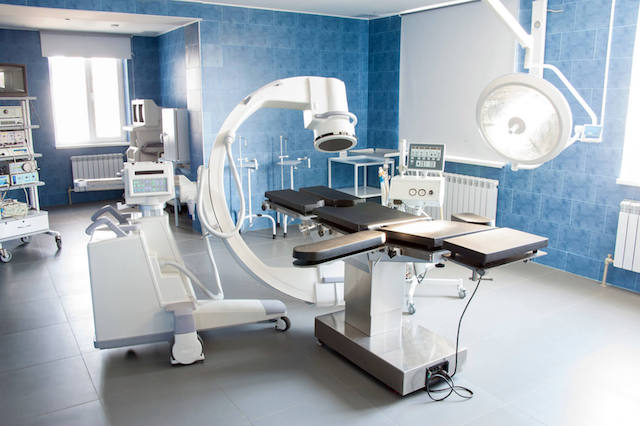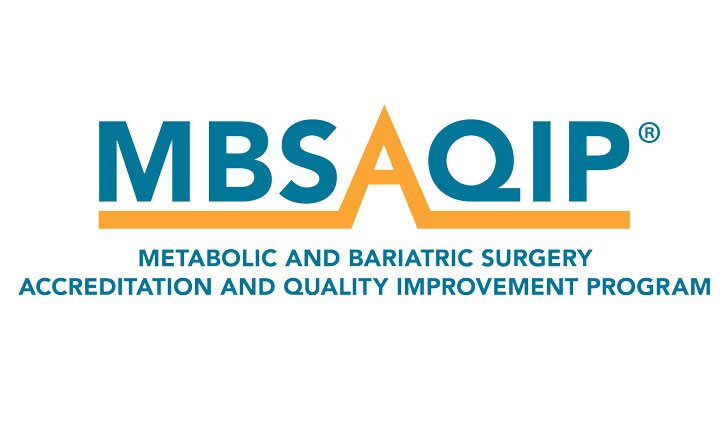Bariatric Surgery in Dallas: Understanding the Benefits of a Laparoscopic Approach
Bariatric Surgery in Dallas: Understanding the Benefits of a Laparoscopic Approach
Bariatric surgery has revolutionized the field of weight loss, offering hope to those who have struggled with obesity and its associated health risks. In Dallas, one of the leading centers for this life-changing procedure is Dr. Malladi’s clinic, where the focus is on providing patient-centered care using the latest advancements in medical technology. One such advancement is the laparoscopic approach to bariatric surgery, a minimally invasive technique that offers numerous benefits.
The Advantages of a Minimally Invasive Approach
Laparoscopic bariatric surgery is a minimally invasive approach that offers several benefits over traditional open surgery.
This technique involves:
- Making small incisions in the abdomen
- Inserting a laparoscope (a long, thin tube with a high-intensity light and a high-resolution camera at the front)
- Operating with precision without making a large incision by viewing images sent to a video monitor
This approach offers:
- Reduced post-operative pain
- Decreased risk of complications
- Faster recovery
- Less scarring
- Quick return to normal activities
By prioritizing patient comfort and safety, the laparoscopic approach has become a preferred method for many individuals seeking weight loss solutions.
Understanding Bariatric Surgery
Bariatric surgery refers to a group of procedures designed to help individuals lose weight by altering the digestive system. The most common types of bariatric surgery include:
- Gastric bypass
- Sleeve gastrectomy
- Adjustable gastric banding
- Duodenal Switch
These procedures work by restricting the amount of food the stomach can hold or by causing malabsorption of nutrients, or by a combination of both.
Why Choose a Dallas Bariatric Center?
Choosing to undergo bariatric surgery is a significant decision that can drastically improve your quality of life. It’s crucial to choose a center with experienced professionals who can provide comprehensive care. In Dallas, Dr. Malladi’s clinic is renowned for its patient-centered approach, focusing on the individual needs and goals of each patient. The clinic offers a range of services, from pre-operative education and preparation to post-operative support and follow-up care.
Patient Experiences and Success Stories in Dallas
Many patients who have undergone laparoscopic and robotic bariatric surgery at Dr. Malladi’s clinic in Dallas have seen significant improvements in their health and quality of life. Beyond weight loss, many have seen improvements in obesity-related conditions such as:
- Diabetes
- High blood pressure
- Sleep apnea
- Osteoarthritis
These success stories serve as a testament to the effectiveness of laparoscopic and robotic bariatric surgery.
FAQ About Laparoscopic Bariatric Surgery
What is laparoscopic bariatric surgery and how does it work?
Laparoscopic bariatric surgery is a type of weight loss surgery performed using a small camera and long instruments that are inserted through small incisions in the abdomen. The surgeon operates while viewing a magnified image of the patient’s internal organs on a television monitor.
What are the benefits of choosing laparoscopic bariatric surgery over traditional methods?
Laparoscopic bariatric surgery offers several benefits over traditional open surgery, including less postoperative pain, shorter hospital stay, quicker recovery, smaller scars, and lower risk of developing hernias and infections.
How long is the recovery period after laparoscopic bariatric surgery?
The recovery period varies depending on the individual and the specific procedure, but most patients can return to normal activities within 2 to 4 weeks.
What kind of results can I expect from laparoscopic bariatric surgery?
Most patients lose weight rapidly and continue to do so until 18 to 24 months after the procedure. Besides weight loss, many patients also experience significant improvement in their obesity-related conditions like diabetes, high blood pressure, and sleep apnea.
Are there any risks or side effects associated with laparoscopic bariatric surgery?
As with any surgery, there are potential risks, including infection, bleeding, and reactions to anesthesia. Specific to bariatric surgery, risks can include nutrient deficiencies and dumping syndrome, which is when food moves too quickly from the stomach to the small intestine.
How does laparoscopic bariatric surgery contribute to weight loss?
Laparoscopic bariatric surgery contributes to weight loss by restricting the amount of food the stomach can hold, causing malabsorption of nutrients, or by a combination of both gastric restriction and malabsorption.
Who is an ideal candidate for laparoscopic bariatric surgery?
Ideal candidates for laparoscopic bariatric surgery are individuals who have a body mass index (BMI) of 40 or higher, or a BMI of 35 or higher and have at least one obesity-related condition.
How does laparoscopic bariatric surgery improve health conditions related to obesity?
Many obesity-related conditions improve or even disappear after laparoscopic bariatric surgery, including diabetes, high blood pressure, sleep apnea, and joint problems.
What kind of lifestyle changes are necessary after undergoing laparoscopic bariatric surgery?
After surgery, patients must follow a healthy diet and regular exercise program to ensure long-term success. They also need to take vitamin and mineral supplements for life to prevent nutrient deficiencies.
How does the laparoscopic approach to bariatric surgery minimize surgical complications?
The laparoscopic approach to bariatric surgery minimizes surgical complications by allowing the surgeon to operate through small incisions, which reduces the risk of wound complications such as infection and hernia. It also reduces postoperative pain and shortens recovery time.
Making the Decision: Is Bariatric Surgery Right for You?
Deciding to undergo bariatric surgery is a personal decision that should be made in consultation with a healthcare professional. Ideal candidates for laparoscopic bariatric surgery are individuals who have a body mass index (BMI) of 40 or higher, or a BMI of 35 or higher and have at least one obesity-related condition.
If you’re considering bariatric surgery in Dallas, contact Dr. Malladi’s team for a consultation. They can provide you with the information you need to make an informed decision about your health.







